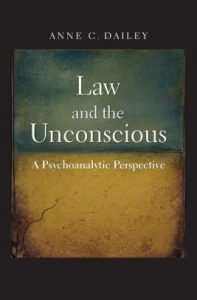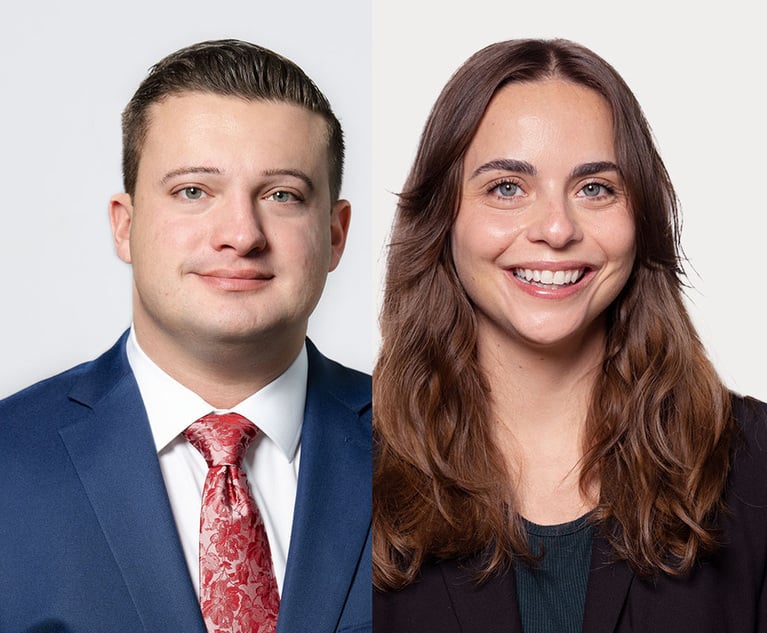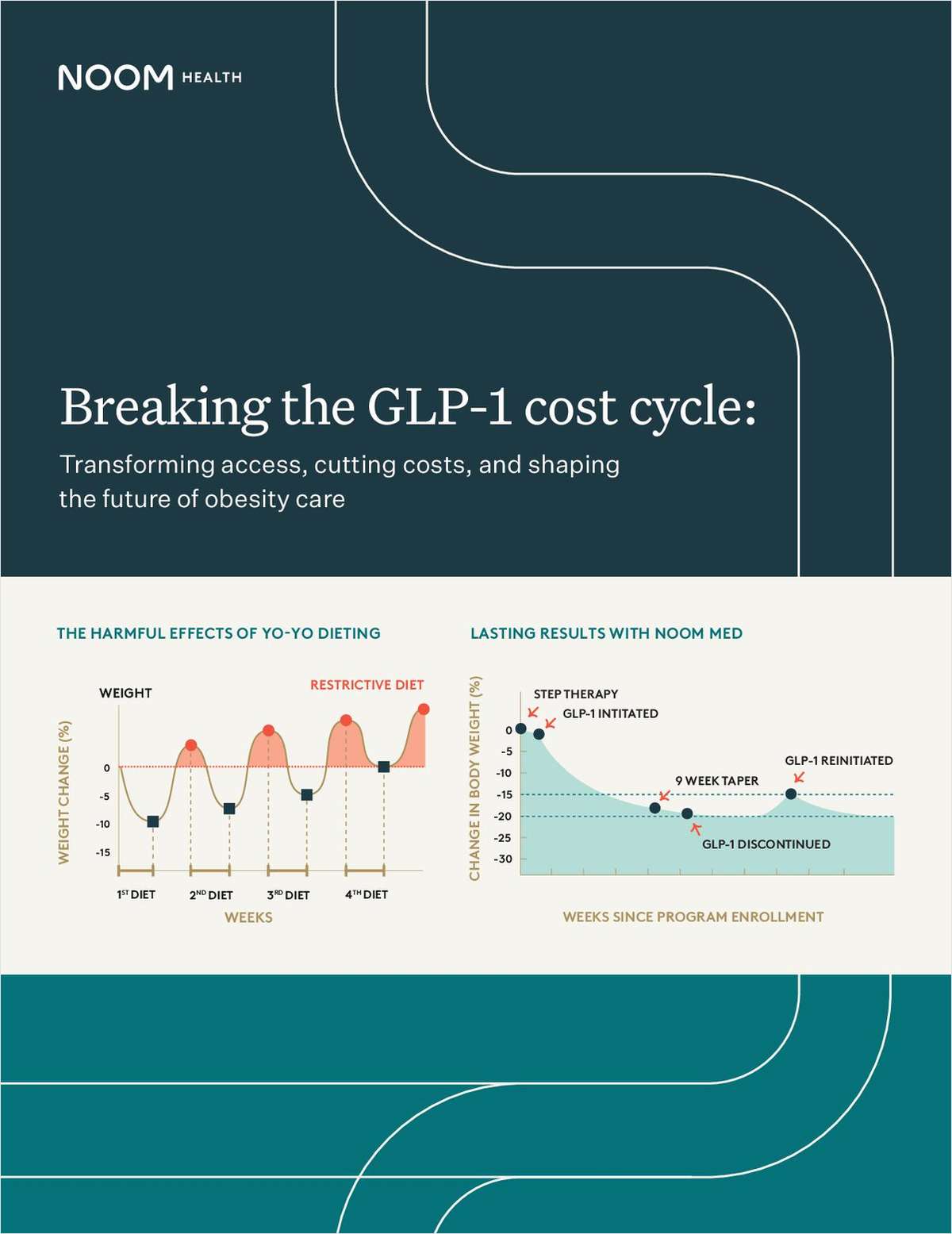UConn Law Professor's Book Revisits Psychoanalysis in Law
Overlapping themes in psychology and law offer endless insights and opportunities for study, but real-life application in the courtroom has been limited since the popular psychology boom of the 1960s and '70s.
March 22, 2018 at 12:07 PM
5 minute read
 Overlapping themes in psychology and law offer endless insights and opportunities for study, but real-life application in the courtroom has been limited since the popular psychology boom of the 1960s and '70s.
Overlapping themes in psychology and law offer endless insights and opportunities for study, but real-life application in the courtroom has been limited since the popular psychology boom of the 1960s and '70s.
Leading the charge to revisit those connections, UConn law professor Anne C. Dailey, author of the award-winning book “Law and the Unconscious: A Psychoanalytic Perspective,” is picking up where leaders in the legal and social sciences left off.
A Harvard-educated law professor who received her undergraduate degree at Yale, Dailey has been working as a psychology research fellow at the Western New England Institute for Psychoanalysis, in New Haven's Katz Center for Advanced Judaic Studies, since 2009. In recent years, her work has focused on applying psychoanalysis in the courtroom to help explain false confessions and other behaviors that may sometimes seem to defy logical thinking.
“In general, psychoanalysis is a very long and complicated treatment that doesn't really lend itself to easy answers, like 'Did this person commit the crime?” Dailey said in a recent interview. “I believe psychoanalysis has a rich and broad view of human nature, and I think it is better equipped to explain certain things” than the law alone. “The book is not advocating for psychoanalysis coming into the courtroom necessarily, except during sentencing and custody hearings,” she said.
What psychology and psychoanalysis can do, Dailey contends, is give attorneys broader insight into the reasons behind human behavior, which sometimes defies logic. “People are irrational,” she said. “They don't always do things they intend to do, and sometimes they do things they don't want to do that are self-destructive, and for reasons they don't understand very well. Many people who are caught in the legal system are there for reasons they don't understand.”

In “Law and the Unconscious,” Dailey picks up the trail of the groundbreaking “Psychoanalysis, Psychiatry and the Law,” by Jay Katz, Joseph Goldstein and Alan Dershowitz. The 800-plus-page volume and its authors are honored by Dailey, but the book is also called out for using vague terminology at a key juncture.
The key sentence at issue is as follows: “The materials are designed to present a detailed study of psychoanalytic theory, and to explore its relevance, if any, to the law.”
Psychology and law are clearly intertwined, Dailey said, but in the decades since the boom in popular psychology, research has waned. The tentativeness of the prior authors' sentence underscores a central point: that our relationship with the unconscious is complex and often difficult to explain.
“Law in psychology is a very popular field,” Dailey said. “But there is not a strong movement to use psychoanalytic theory. I am hoping my book will get people interested and open their eyes to a new way of thinking. I am also hoping people who do more cognitive-oriented legal work will see the way that cognitive psychology and psychoanalysis really intersect and complement each other.”
Coming in just shy of 300 pages, “Law and the Unconscious” delves into some of the most troubling aspects of alleged criminal behavior and possible unconscious factors. Psychoanalysis may help explain, for instance, how a woman convicted of possession of marijuana with intent to sell may have been “willfully blind” to the fact that her mother and aunt had stored the substance in her car. Psychoanalysis can point out repressed suspicion, and “we cannot know with certainty what a criminal defendant actually thought or intended” when an alleged crime has been committed.
Looking through a psychoanalytical lens, Dailey adds, can encourage the court to be fairer and more compassionate in judgment and sentencing.
“Psychoanalysis forces us to confront the inescapable fact that we cannot know with certainty what a criminal defendant actually thought or intended when he committed his crime,” Dailey writes. “Overall, a psychoanalytic perspective supports a criminal justice system more modest in its certainty, more tentative in its judgment, and more compassionate in its punishment.”
Unconscious psychological factors can also induce false confessions and affect prenuptial and surrogacy contracts, while reporting laws can endanger rather than protect individuals. Dailey stresses that autonomous decision-making skills need to be taught to children, with whom she regularly works in family law.
Dailey frequently speaks on issues related to psychology in law, and said she hopes her work will help attorneys take a broader view of psychological factors in the cases they handle.
The book, which recently won the UConn Humanities Institute's 2018 Sharon Harris Annual Book Award and the American Psychoanalytic Association's 2018 Book Award, is published by Yale University Press.
This content has been archived. It is available through our partners, LexisNexis® and Bloomberg Law.
To view this content, please continue to their sites.
Not a Lexis Subscriber?
Subscribe Now
Not a Bloomberg Law Subscriber?
Subscribe Now
NOT FOR REPRINT
© 2025 ALM Global, LLC, All Rights Reserved. Request academic re-use from www.copyright.com. All other uses, submit a request to [email protected]. For more information visit Asset & Logo Licensing.
You Might Like
View All

Federal Judge Approves Harvard's Dismissal of Chip-Patent Suit Against Samsung
2 minute read

Connecticut Movers: New Associates in Stamford and a Head of Business in Vernon
2 minute readTrending Stories
- 1Gunderson Dettmer Opens Atlanta Office With 3 Partners From Morris Manning
- 2Decision of the Day: Court Holds Accident with Post Driver Was 'Bizarre Occurrence,' Dismisses Action Brought Under Labor Law §240
- 3Judge Recommends Disbarment for Attorney Who Plotted to Hack Judge's Email, Phone
- 4Two Wilkinson Stekloff Associates Among Victims of DC Plane Crash
- 5Two More Victims Alleged in New Sean Combs Sex Trafficking Indictment
Who Got The Work
J. Brugh Lower of Gibbons has entered an appearance for industrial equipment supplier Devco Corporation in a pending trademark infringement lawsuit. The suit, accusing the defendant of selling knock-off Graco products, was filed Dec. 18 in New Jersey District Court by Rivkin Radler on behalf of Graco Inc. and Graco Minnesota. The case, assigned to U.S. District Judge Zahid N. Quraishi, is 3:24-cv-11294, Graco Inc. et al v. Devco Corporation.
Who Got The Work
Rebecca Maller-Stein and Kent A. Yalowitz of Arnold & Porter Kaye Scholer have entered their appearances for Hanaco Venture Capital and its executives, Lior Prosor and David Frankel, in a pending securities lawsuit. The action, filed on Dec. 24 in New York Southern District Court by Zell, Aron & Co. on behalf of Goldeneye Advisors, accuses the defendants of negligently and fraudulently managing the plaintiff's $1 million investment. The case, assigned to U.S. District Judge Vernon S. Broderick, is 1:24-cv-09918, Goldeneye Advisors, LLC v. Hanaco Venture Capital, Ltd. et al.
Who Got The Work
Attorneys from A&O Shearman has stepped in as defense counsel for Toronto-Dominion Bank and other defendants in a pending securities class action. The suit, filed Dec. 11 in New York Southern District Court by Bleichmar Fonti & Auld, accuses the defendants of concealing the bank's 'pervasive' deficiencies in regards to its compliance with the Bank Secrecy Act and the quality of its anti-money laundering controls. The case, assigned to U.S. District Judge Arun Subramanian, is 1:24-cv-09445, Gonzalez v. The Toronto-Dominion Bank et al.
Who Got The Work
Crown Castle International, a Pennsylvania company providing shared communications infrastructure, has turned to Luke D. Wolf of Gordon Rees Scully Mansukhani to fend off a pending breach-of-contract lawsuit. The court action, filed Nov. 25 in Michigan Eastern District Court by Hooper Hathaway PC on behalf of The Town Residences LLC, accuses Crown Castle of failing to transfer approximately $30,000 in utility payments from T-Mobile in breach of a roof-top lease and assignment agreement. The case, assigned to U.S. District Judge Susan K. Declercq, is 2:24-cv-13131, The Town Residences LLC v. T-Mobile US, Inc. et al.
Who Got The Work
Wilfred P. Coronato and Daniel M. Schwartz of McCarter & English have stepped in as defense counsel to Electrolux Home Products Inc. in a pending product liability lawsuit. The court action, filed Nov. 26 in New York Eastern District Court by Poulos Lopiccolo PC and Nagel Rice LLP on behalf of David Stern, alleges that the defendant's refrigerators’ drawers and shelving repeatedly break and fall apart within months after purchase. The case, assigned to U.S. District Judge Joan M. Azrack, is 2:24-cv-08204, Stern v. Electrolux Home Products, Inc.
Featured Firms
Law Offices of Gary Martin Hays & Associates, P.C.
(470) 294-1674
Law Offices of Mark E. Salomone
(857) 444-6468
Smith & Hassler
(713) 739-1250










